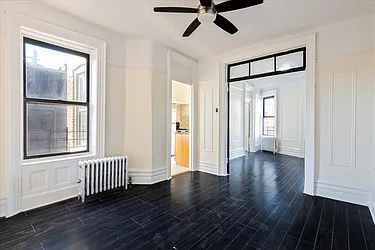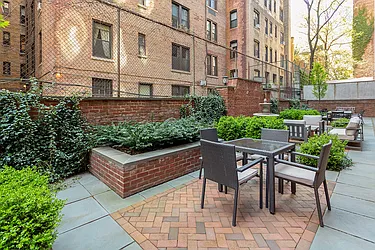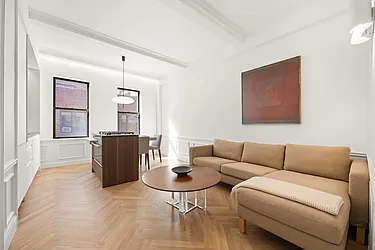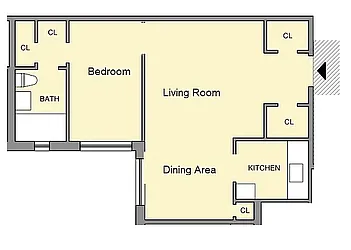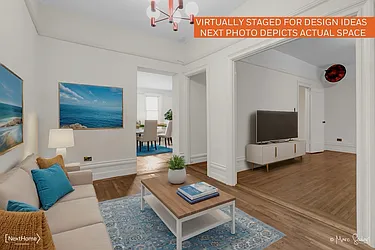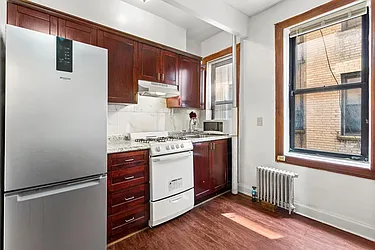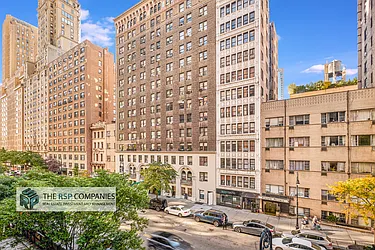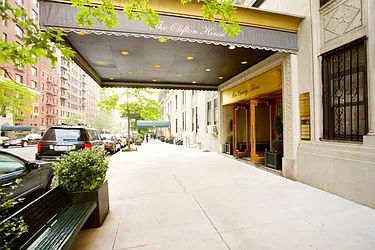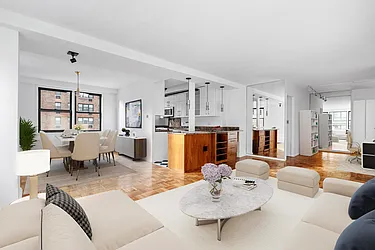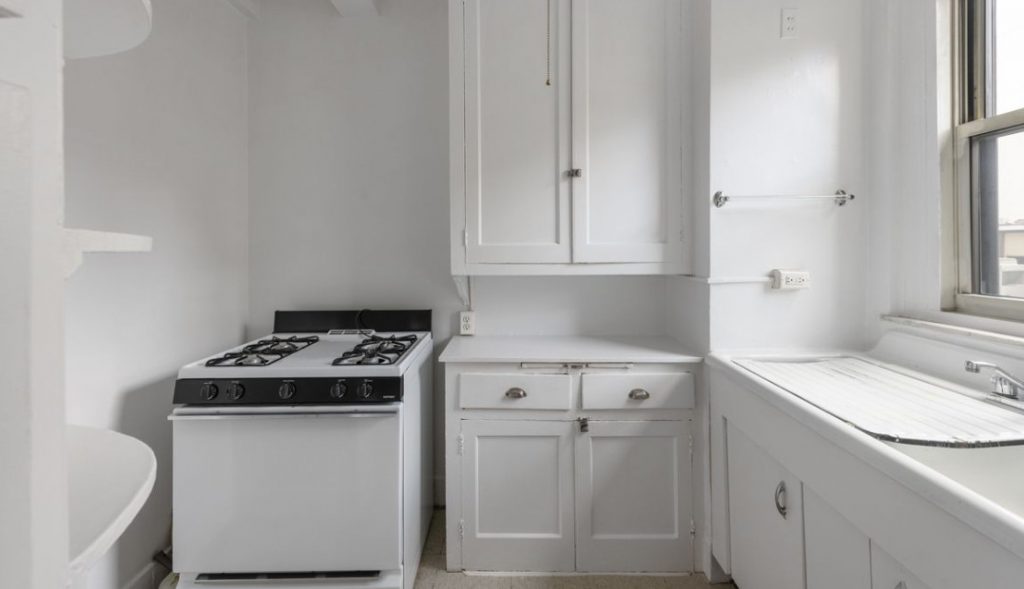
An apartment in “estate condition” usually means it hasn’t been updated in years.
You’ve heard of estate sales. These super-glorified garage sales are where knick-knack hunters or collectors of old china or vintage clothing can have a field day scouring items put up for a quick sale to clean out a home or apartment.
You’ve probably heard far less about “estate condition” when it comes to describing certain real estate listings. However, it’s good to understand what this term means, since finding a property listed for sale in “estate condition” has its pros and cons.
When There’s a Death, There’s An Estate
An estate is what someone leaves behind when they pass away. Items collected over a lifetime can include a person’s finances, physical items (clothing, furniture, books and art work) and real estate. The estate’s disbursement is left to the heirs or the executor, who have discretion of how to allocate or dispose of these holdings.
In the case that surviving heirs have been left a home or apartment, a frequent result is that the children of the deceased, or whoever inherits the real estate portion of the estate, do not want to take possession of the property. They would prefer to have the proceeds from the sale of the property, so they direct the attorney handling the estate to help find a real estate broker, preferably one who specializes in estate-condition sales.
What Does Estate Condition Actually Mean?
While it’s true that the property of someone who has passed away could be in mint condition, “estate condition” implies that the property hasn’t been recently renovated. This generally leads to a competitive list price, or a willingness by the estate or its heirs to accept any reasonable offer.
Also, for buyers willing to take on a renovation or remodel, estate-condition listings can oftentimes present properties that bear some or a lot of original detail. For prewar co-op lovers, estate-condition listings can lead to an Upper West Side treasure trimmed with crown molding, large rooms and herringbone floors.
The question is are you willing to accept the pros and cons that tend to be part of these types of listings?
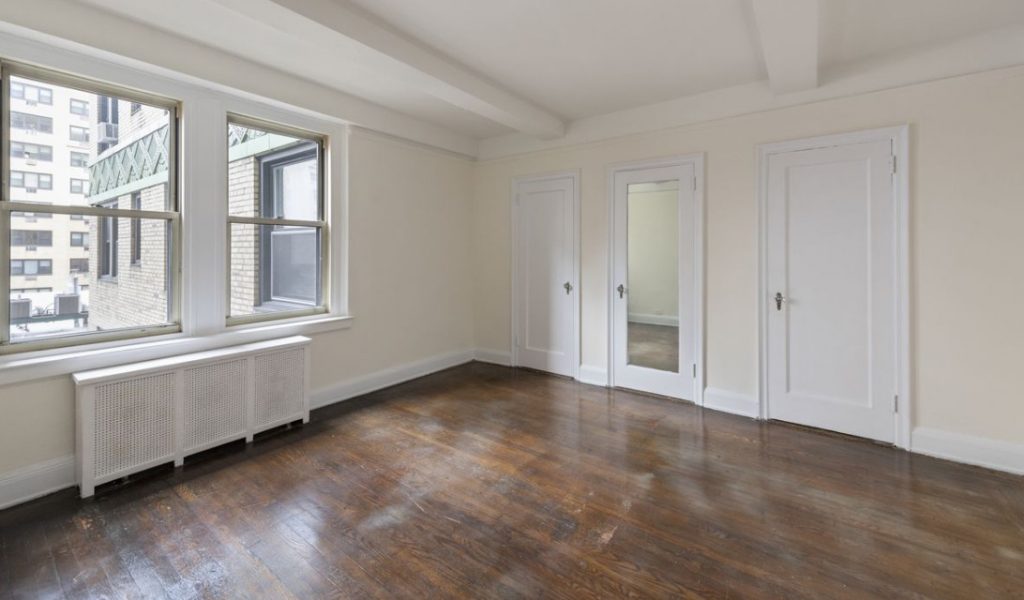
Windows and floors are the usual telltale signs of an estate-condition apartment. They are outdated, inefficient and generally worn out.
What Are the Benefits of Buying in Estate-Condition?
When a property needs upgrades, and many estate-condition properties need a lot of work, chances are it is priced accordingly. The benefit here is that a buyer can purchase under their target price point, and use the savings to undertake a renovation: New kitchen, new baths, maybe even new layout. And again, attorneys for estate-condition homes have little or no personal vested interest in the property, other than getting it sold and getting cash to the estate’s heirs.
under $2 million Article continues below
What Are the Cons of Buying in Estate Condition?
- Renovation Costs: For buyers who are not prepared for the cost, permitting and demands of a big renovation project, an estate-condition home is probably not a good idea. The lower listing price may look inviting, but unless a buyer wants to live in a wreck or in an outdated home, resist!
Just getting a renovation project approved by a co-op board and New York City officials can be frustrating even for seasoned real estate investors. And these kinds of homes require a buyer to have the cash for the remodel, since mortgage brokers or banks will not allow these costs to be wrapped into a mortgage.
- Beware Squabbling Heirs: Estate-condition apartments are being sold for the benefit of an estate’s heirs. If the heirs are at odds over anything related to the property or the entire estate, expect this to impact the contract negotiation and closing process — if you even get to close.
- Contested Estates: At times, no will is left behind to govern the distribution of an estate. In this scenario, an estate-condition property could be subject to a legal dispute among persons who contend they have a stake or claim to the estate. In the event that there are unpaid debts associated with an estate, the sale of an estate-condition property could be put in limbo if any liens or debts are attached to the apartment.
Summary
There are many reasons why estate-condition properties are attractive, especially for buyers looking in a specific building or neighborhood, or who want to remodel according to their design. Estate-condition properties can be exciting and daunting all at once.
Likewise, there are many good reasons to walk away from an estate-condition listing. Whether a buyer does or does not take the plunge in the end all rests on knowing all the special conditions and issues associated with these unique listings.
—
Got an interesting NYC real estate story or a hot tip? Send it to us at tips@streeteasy.com. (You will remain anonymous.) And hey, why not like StreetEasy on Facebook and follow @streeteasy on Instagram?

